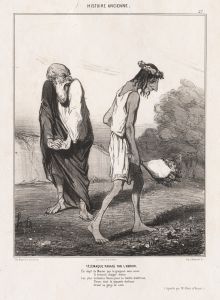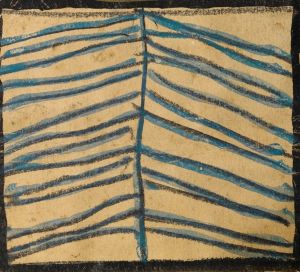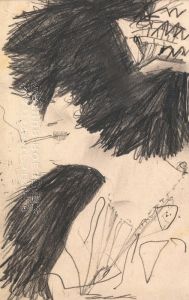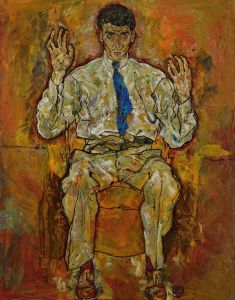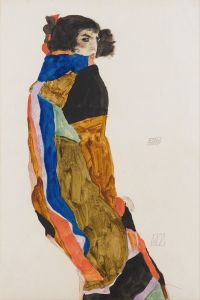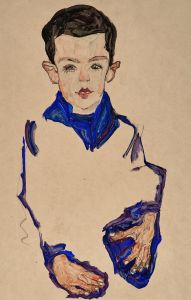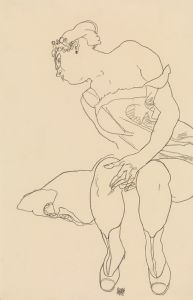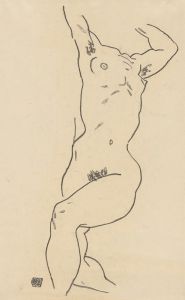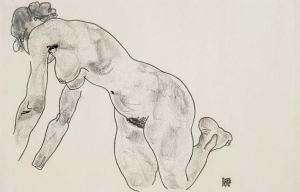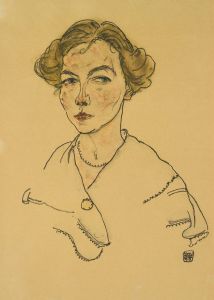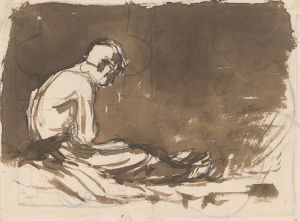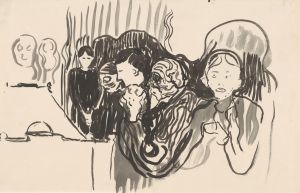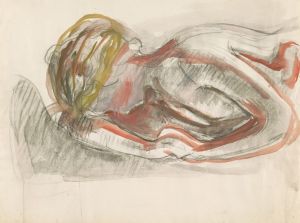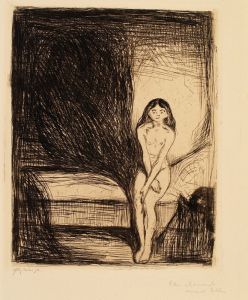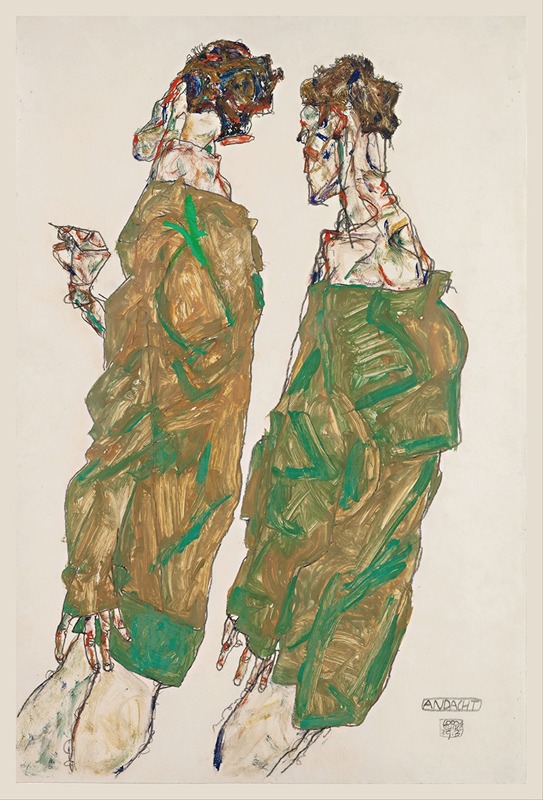
Devotion
A hand-painted replica of Egon Schiele’s masterpiece Devotion, meticulously crafted by professional artists to capture the true essence of the original. Each piece is created with museum-quality canvas and rare mineral pigments, carefully painted by experienced artists with delicate brushstrokes and rich, layered colors to perfectly recreate the texture of the original artwork. Unlike machine-printed reproductions, this hand-painted version brings the painting to life, infused with the artist’s emotions and skill in every stroke. Whether for personal collection or home decoration, it instantly elevates the artistic atmosphere of any space.
Egon Schiele, an Austrian painter known for his distinctive style and contribution to early 20th-century art, created a work titled "Devotion." Schiele, a protégé of Gustav Klimt, was a major figure in the Expressionist movement, and his works are characterized by their intensity and raw emotional power. His art often explores themes of sexuality, death, and the human form, frequently employing bold lines and striking compositions.
"Devotion" is a painting that exemplifies Schiele's unique approach to art. While specific details about this particular work are limited, it is consistent with Schiele's broader oeuvre, which often features figures in contorted poses, emphasizing their psychological and emotional states. Schiele's use of color and line work in his paintings is notable for its ability to convey deep emotion and tension, often leaving a lasting impact on the viewer.
Schiele's career was relatively short, as he died at the young age of 28 in 1918, a victim of the Spanish flu pandemic. Despite his brief life, Schiele produced a significant body of work that continues to be celebrated for its emotional depth and innovative style. His paintings and drawings are held in high regard and are featured in major museums and collections worldwide.
The context of Schiele's work is deeply rooted in the cultural and artistic environment of Vienna at the time, which was a hub of intellectual and artistic activity. The city was home to the Vienna Secession, a group of artists who broke away from traditional art institutions to explore new artistic expressions. Schiele's association with this movement is evident in his willingness to push boundaries and explore controversial themes.
Schiele's art often faced criticism and controversy due to its explicit content and unconventional portrayal of the human body. However, his work has since been recognized for its groundbreaking approach and its influence on later artists. Schiele's ability to capture the complexities of human emotion and his innovative use of form and color have cemented his place as a pivotal figure in the history of modern art.
While specific information about "Devotion" is scarce, it is likely that the painting reflects Schiele's characteristic style and thematic concerns. His works often invite viewers to confront uncomfortable truths about the human condition, challenging traditional notions of beauty and morality.
In summary, Egon Schiele's "Devotion" is a testament to his skill as an artist and his ability to convey profound emotional experiences through his work. Although details about this specific painting are limited, it remains an integral part of Schiele's legacy, illustrating his contribution to the Expressionist movement and his enduring influence on the art world.





